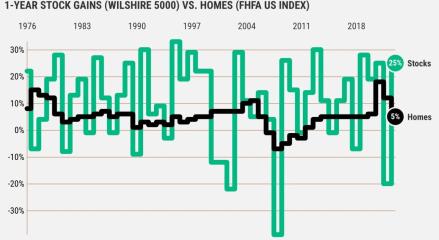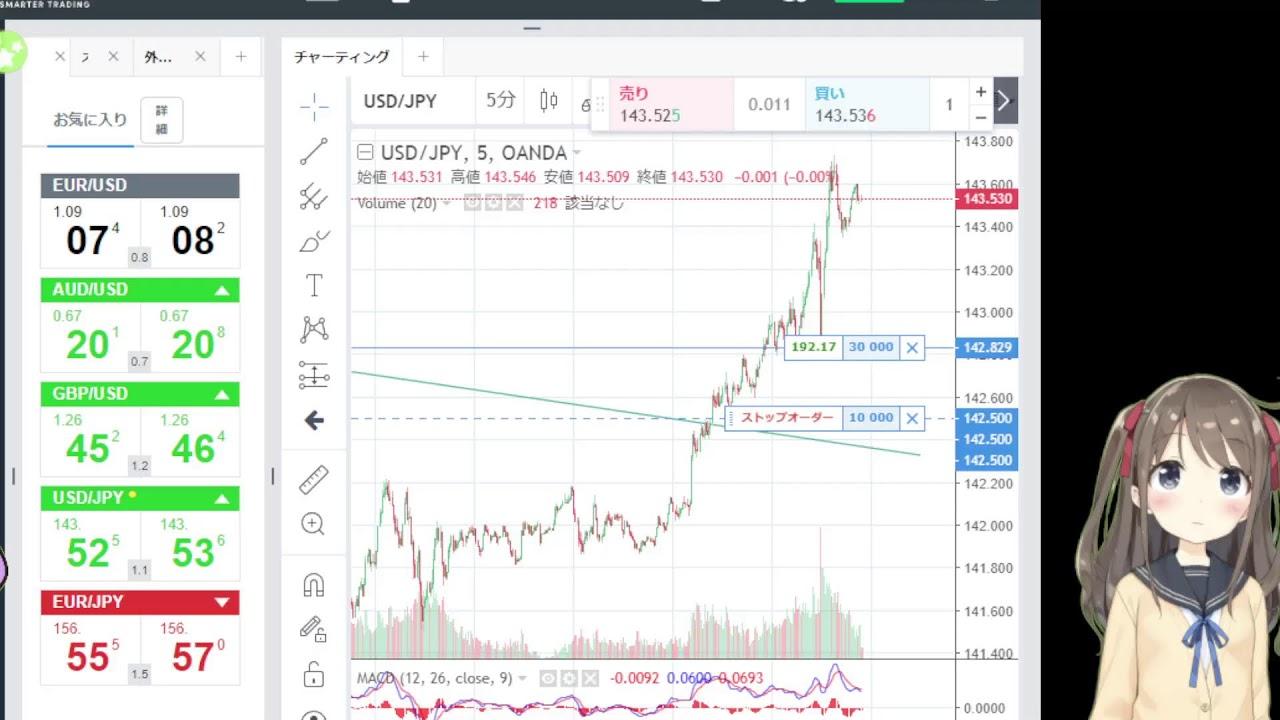During extended vacations, year-end, and New Year's holidays, the rollover process in the forex market can be affected by reduced liquidity and changes in trading activity. Brokers may adjust their rollover policies to account for these circumstances. Here's what typically happens:
- Extended Rollover Periods:
- Some brokers may extend the rollover period to cover the entire holiday period. Instead of the standard daily rollover, they might apply a consolidated swap rate for an extended duration, encompassing the days when the market is closed.
- Triple Rollover or Special Rates:
- Similar to the concept of triple swaps on certain days, brokers might apply triple rollover rates or special rates on the last trading day before a holiday. This is designed to cover the extended period without trading.
Example: Let's say there's a week-long holiday period at the end of December, including New Year's Eve and New Year's Day. If the standard rollover rate is usually applied daily, a broker might adjust its policy for the holiday period.
- Regular Scenario:
- On a typical trading day, if you hold a position overnight, you might incur or earn a daily rollover charge based on the interest rate differentials.
- Holiday Scenario:
- Before the holiday period, the broker could apply a triple rollover rate on the last trading day before the break. This rate would cover the extended period, including the holiday days when the market is closed.
For instance, if the regular daily rollover charge is $10, the triple rollover charge might be $30 to cover the extended period.
It's crucial to note that the specific policies can vary among brokers. Traders should always check with their broker's terms and conditions or contact their support to understand how rollovers are handled during extended vacations and holiday periods. This helps traders manage their positions effectively and avoid unexpected adjustments in their account balances.















